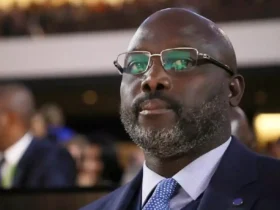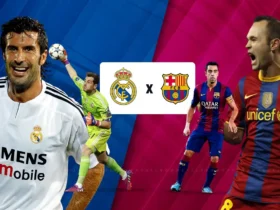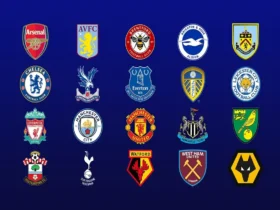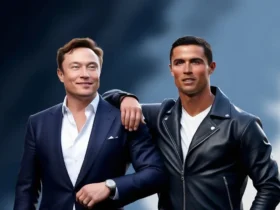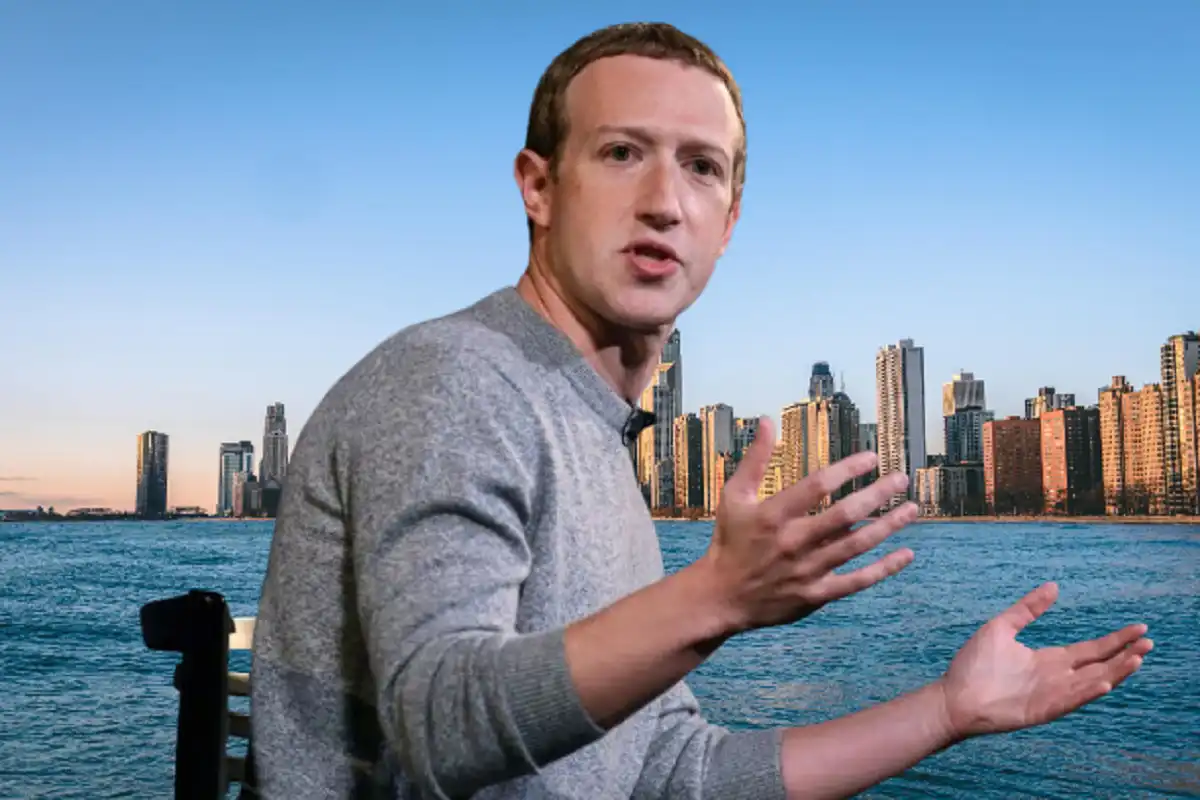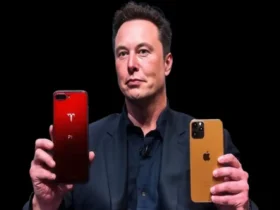Mark Zuckerberg, born on May 14, 1984, in White Plains, New York, is best known as the co-founder and CEO of Facebook, a social media platform that has transformed the way people connect and communicate globally. Growing up in a family of health professionals, Zuckerberg exhibited an early aptitude for technology and programming, learning to code before he even reached his teenage years. He attended Harvard University, where he developed “Thefacebook,” initially as a social networking site for college students. Launched in 2004, the platform quickly expanded beyond Harvard, capturing the attention of young people worldwide and eventually reshaping the landscape of social media.
Early Life and Education
Mark Zuckerberg was raised in a supportive household that encouraged creativity and intellectual curiosity. He quickly became proficient in programming, developing games and software by the time he reached his teenage years. He attended Harvard University, where he studied computer science and psychology. During his sophomore year, he created “Facemash,” a controversial website that compared students’ attractiveness, which set the stage for his future endeavors.
The Birth of Facebook
In February 2004, Mark Zuckerberg launched “TheFacebook,” a social networking site that allowed Harvard students to connect with one another. The platform quickly gained popularity and expanded to other Ivy League universities, eventually opening up to the general public in 2006. By maintaining a focus on user experience and continuous improvement, Facebook evolved into one of the largest social media platforms in the world, boasting over 2.8 billion monthly active users as of late 2021.
Mark Zuckerberg’s Companies
While Mark Zuckerberg is best known for his role at Facebook, he has been involved with several other companies and initiatives throughout his career. Here’s a look at some of the most significant:
- Facebook (Meta Platforms, Inc.)
- Founded: 2004
- Role: Co-Founder and CEO
- Overview: Initially launched as a social networking site, Facebook has evolved into a comprehensive tech ecosystem involving messaging (Messenger), photo sharing (Instagram), and virtual reality (Oculus). In October 2021, the company rebranded to Meta to emphasize its focus on the metaverse.
- Instagram
- Acquired: 2012
- Overview: The popular photo and video-sharing platform fosters a visual-centric experience. Its acquisition has solidified Facebook’s (now Meta) influence in the social media landscape, making it a central player alongside its other platforms.
- WhatsApp
- Acquired: 2014
- Overview: This messaging application facilitates instant communication without the limits of traditional SMS. Its acquisition further entrenched Meta in the global communication space, particularly in regions with less reliable cellular infrastructure.
- Oculus VR
- Acquired: 2014
- Overview: Oculus VR is a leader in virtual reality technology, paving the way for immersive experiences. Zuckerberg has positioned Oculus as a key component in the development of the metaverse, pushing boundaries in gaming, education, and social interactions.
- Facebook Messenger
- Overview: Originally part of Facebook, Messenger became a standalone app in 2014, allowing users to easily communicate. Its integration with Facebook’s ecosystem has made it a compelling tool for personal and business communications.
- Workplace by Facebook
- Launched: 2016
- Overview: This enterprise communication platform is designed to enhance collaboration within organizations by providing tools similar to those on the social network, like groups, chat, and video calls.
- NPE Team
- Launched: 2019
- Overview: The NPE (New Product Experimentation) Team is a startup incubator within Facebook that develops experimental apps aimed at enhancing social interaction and connectivity in innovative ways.
- Facebook AI Research (FAIR)
- Founded: 2013
- Overview: This initiative focuses on advancing artificial intelligence through research and development. With AI becoming increasingly integral to technology, FAIR plays a significant role in shaping Meta’s tech future.
Philanthropic Efforts
Beyond his corporate ventures, Mark Zuckerberg is also known for his philanthropic efforts. In 2015, he and his wife, Priscilla Chan, founded the Chan Zuckerberg Initiative, which focuses on advancing human potential and promoting equality through education, research, and community support. Their work aims to leverage technology to create sustainable solutions to societal challenges.
Conclusion
Mark Zuckerberg‘s influence on the modern world is undeniable. From transforming communication through Facebook to pushing the boundaries of virtual reality with Oculus, his contributions have changed how we interact with technology and each other. As Meta continues to navigate the complexities of the digital age, Mark Zuckerberg’s vision for the future will likely play a crucial role in shaping the social media landscape for years to come. Whether you admire him or criticize his methods, there’s no denying that Mark Zuckerberg’s impact on our lives is profound and enduring.
see also Who is Elon Musk? A Reliable Life of a Modern Visionary










